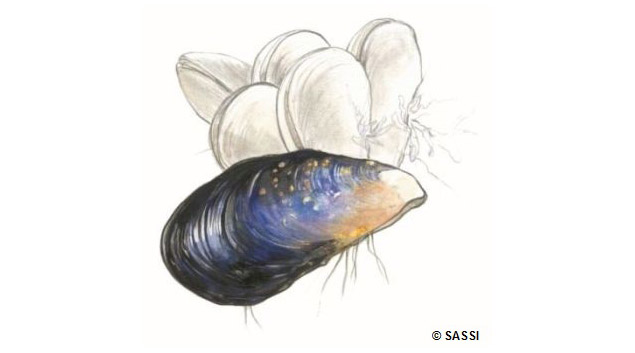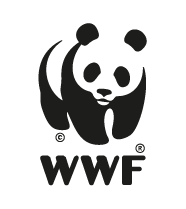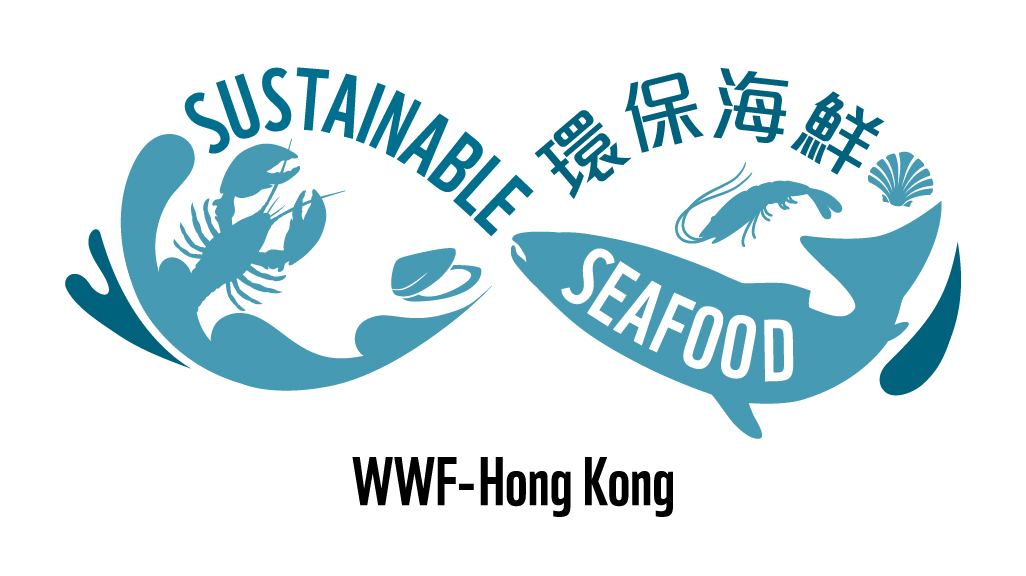
Mussel culture relies on the use of natural sprat collected with suspended mussel seed collectors. Hatchery seed production is still in the experimental stage.
Mussels do not require feed, so no fish is needed in this production method, posing no pressure on wild fish stock.
Mussel farming produces very low waste discharge. Aquaculture of this species may produce some alterations in areas of moderate ecological sensitivity. The species has a high escape risk, but the ecological impact should be low. Diseases don’t appear to be a significant issue in Chilean mussel culture hence there’s no chemical use in mussel farms.
The regulatory framework in Chile addresses most issues, making the overall management largely effective. The management system includes strategic environmental planning, environmental impact assessment, habitat protection, disease control and environmental monitoring.

